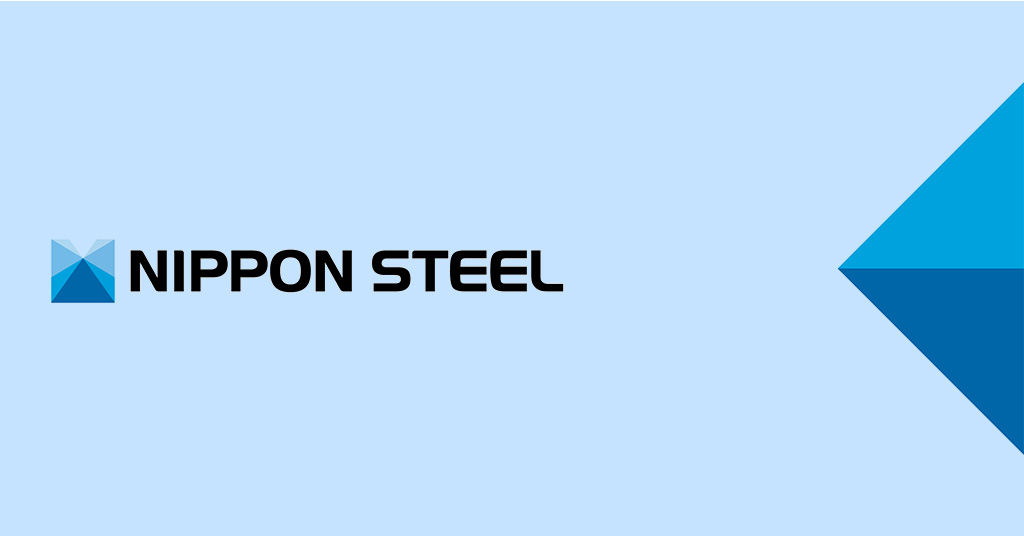Welcome To ChemAnalyst

On Friday, the president of Japan's leading steelmaker, Nippon Steel, expressed unwavering confidence in the successful completion of its proposed acquisition of U.S. Steel, despite facing opposition from labor unions and certain U.S. senators. The planned $14.9 billion deal, slated to make Nippon Steel the world's fourth-largest steelmaker, has encountered criticism from lawmakers across party lines and the influential United Steelworkers union, representing the primary workforce at the third-largest steel company in the United States.
The White House, echoing concerns about national security, has emphasized the necessity for thorough examination of the deal, given the pivotal role Nippon Steel would play in U.S. steel production. Despite these challenges, President Eiji Hashimoto remains optimistic about the successful conclusion of the acquisition, emphasizing its potential benefits.
Speaking to reporters on the sidelines of the Japan Iron and Steel Federation's New Year party, Hashimoto expressed his belief in the positive outcome of the deal. He addressed the concerns raised by critics, asserting that the acquisition posed no harm to America. In support of this claim, he highlighted Nippon Steel's commitment to aligning its investments with the economic security strategies of the United States and other Western nations.
Hashimoto underscored the advantageous aspects of the deal, emphasizing the substantial investment from Nippon Steel and the integration of the Japanese company's advanced steel-making technology into U.S. operations. This, he believes, would not only contribute to the economic vitality of the United States but also enhance the competitiveness of the U.S. steel industry globally.
Furthermore, Hashimoto sought to allay fears regarding potential changes in labor agreements, affirming that the existing arrangements would be maintained. He assured that the well-being of employees and the labor union was a top priority for Nippon Steel, stating, "Taking good care of our employees and labor union is our specialty."
Acknowledging the anticipated challenges in the acquisition process, Hashimoto conceded that Nippon Steel was well-aware of the hurdles it might encounter. Differing opinions, objections from various quarters, and thorough scrutiny from the government were all expected components of such a substantial business move. Despite these challenges, Hashimoto's reassurances conveyed a sense of determination and preparedness to navigate the complexities surrounding the acquisition.
The proposed acquisition has been met with a mix of skepticism and scrutiny on both sides of the Pacific. Lawmakers in the U.S., from both the Democratic and Republican parties, have voiced concerns about potential implications for national security and the workforce. The United Steelworkers union, representing the interests of U.S. Steel employees, has also been vocal in its opposition to the deal.
As Nippon Steel navigates through the complex landscape of political and labor opposition, the company's confidence in the strategic value of the acquisition and its commitment to addressing the concerns raised suggest a measured and deliberate approach. The coming months are likely to see continued debate and negotiations as Nippon Steel endeavors to realize its vision of a successful acquisition that aligns with the economic priorities of the United States and contributes positively to the global steel industry.
We use cookies to deliver the best possible experience on our website. To learn more, visit our Privacy Policy. By continuing to use this site or by closing this box, you consent to our use of cookies. More info.
